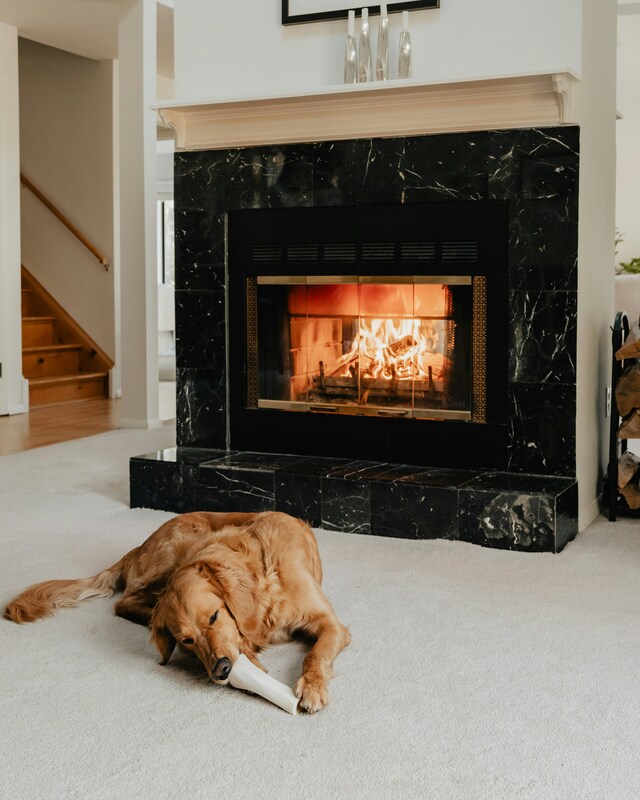Digital Edition
Subscribe
Get an all ACCESS PASS to the News and your Digital Edition with an online subscription
19-02 Dalveen Film Society
More than a hundred years ago, the little hall at Dalveen played host to the just-invented movies– and thanks to the resilient little Dalveen...








